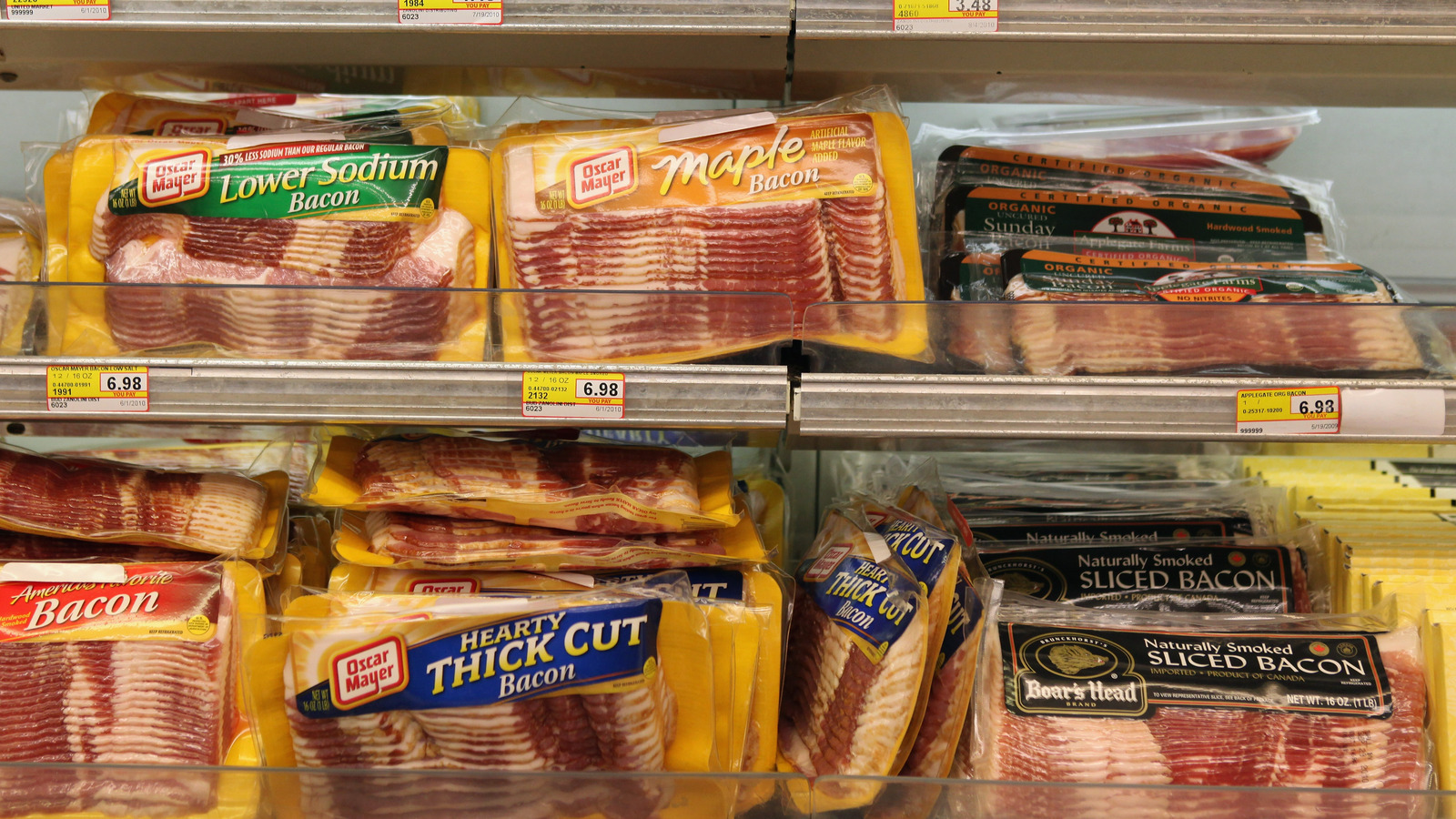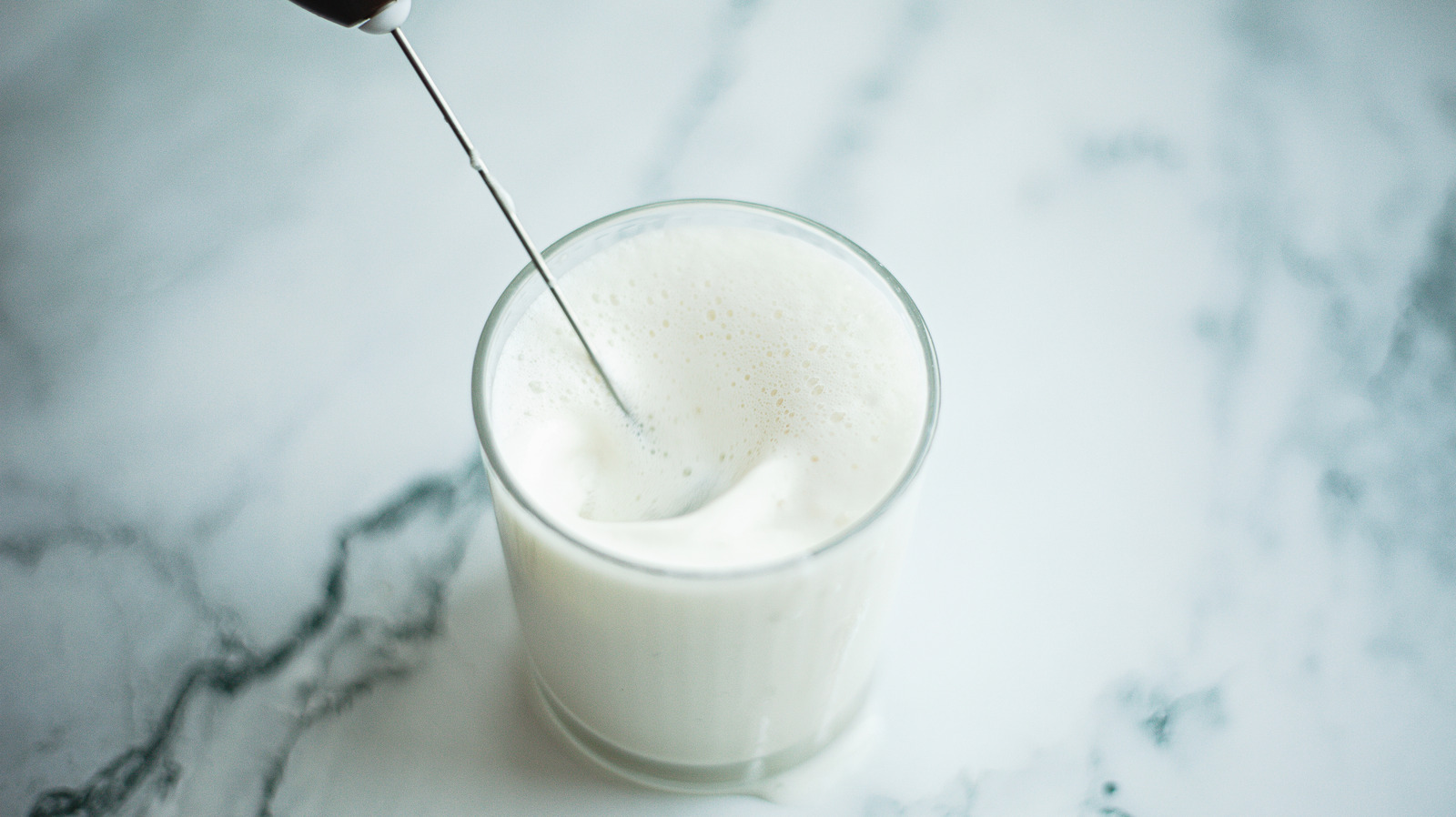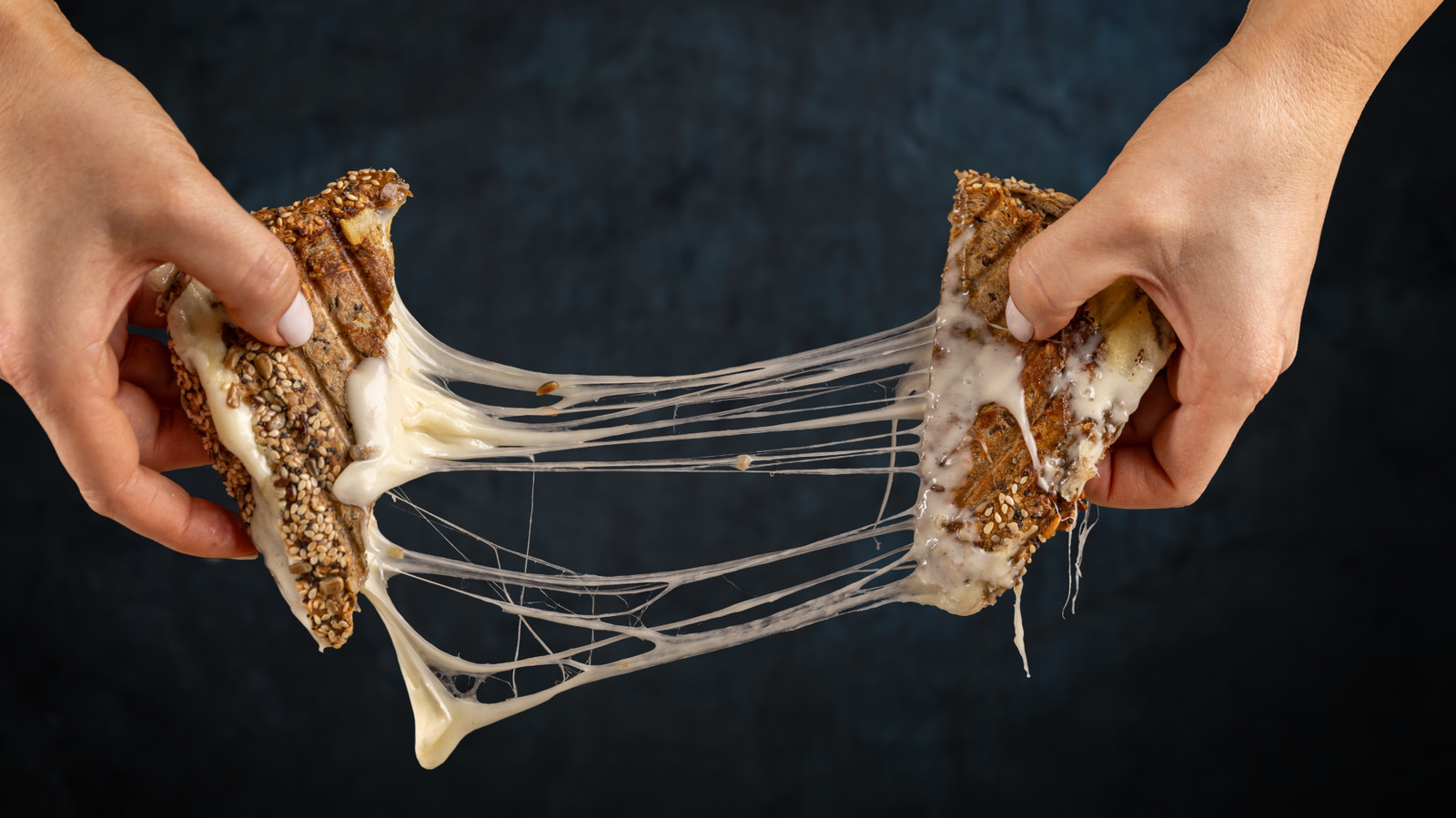For years, shoppers have complained about . Most notably, in 2023, marketing professional Kat Thomas went viral with her calling out Oscar Mayer for selling unresealable packs. While frustrating, bacon manufacturers are responding to safety concerns, traditional household eating habits, and even the national government with that awkward container.
The U.S. Department of Agriculture mandated in 1973 that bacon packages must show at least 70 percent of a sample slice to consumers; flipping packaging to the back window thereby reveals bacon's true fat content.
The clear pack also helps buyers see any discoloration or mold on the bacon before opening, and its skintight wrapping helps keep the product fresher longer. By vacuum sealing bacon, manufacturers are removing as much air as possible from the package, making it harder for oxidation to occur, which could lead to bacterial contamination. In interviews with , representatives of both Smithfield and Applegate noted that its customers tend to consume the entire bacon package in one sitting, so it didn't need to be resealable.
(That said, the share of one-person households in the U.S. has increased every decade since the 1940s through the 2020 census.
) Alternately, the Wright brand does sell bacon in clear, resealable bags — but that convenience comes with a higher price tag. As consumers shop for value in the face of rising costs, the highest-selling bacon brands are also the least expensive, like grocery private labels and Ho.











:upscale()/2024/12/23/986/n/1922441/ae269e286769e6f5b332b2.08351138_.jpg)







